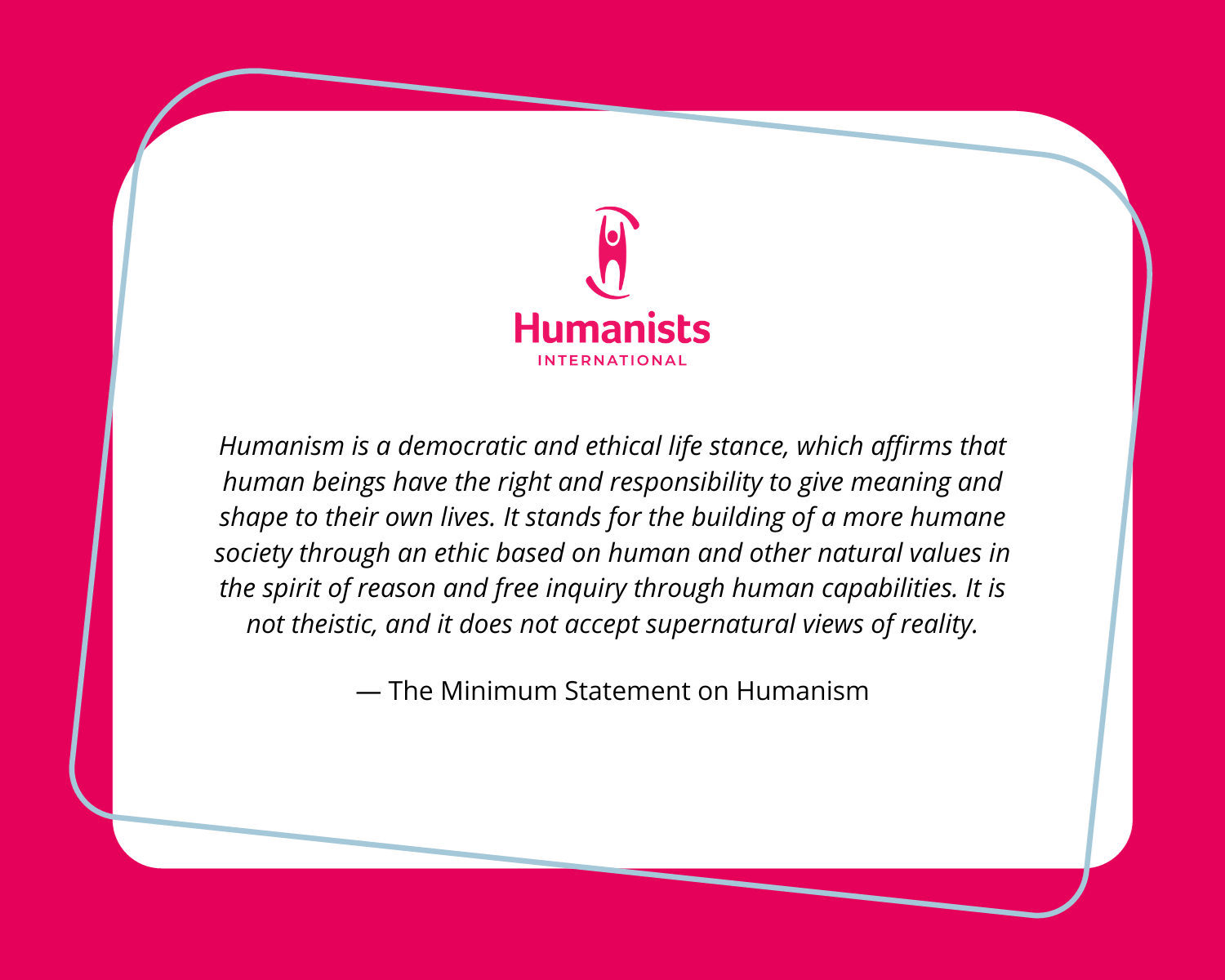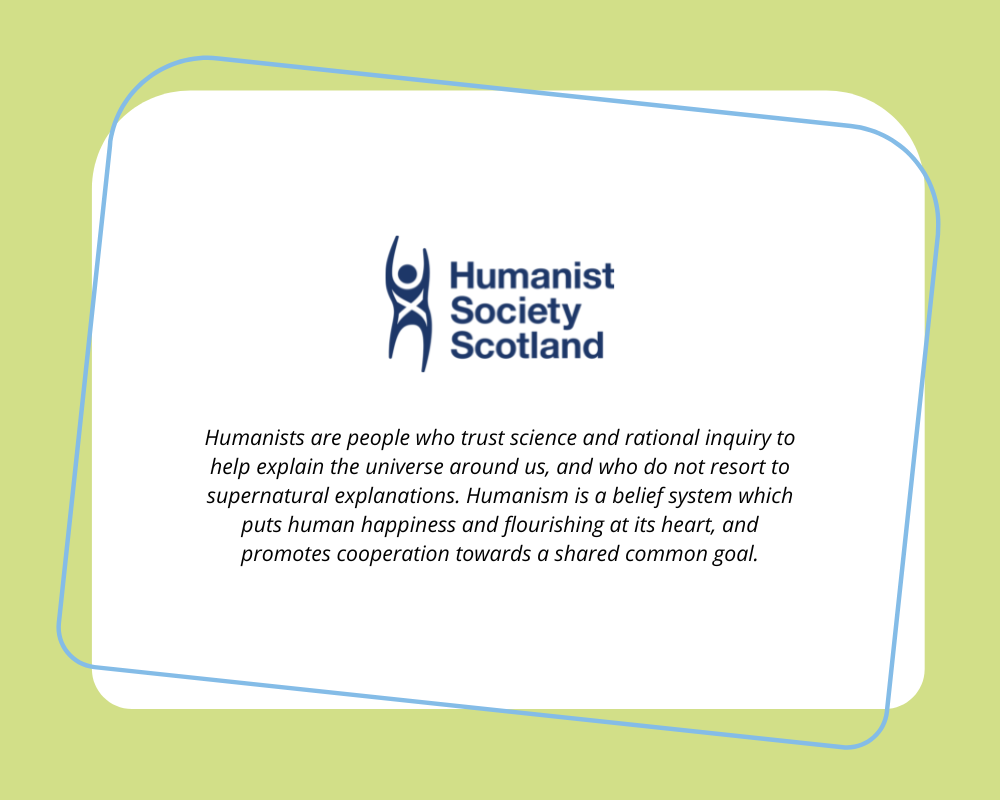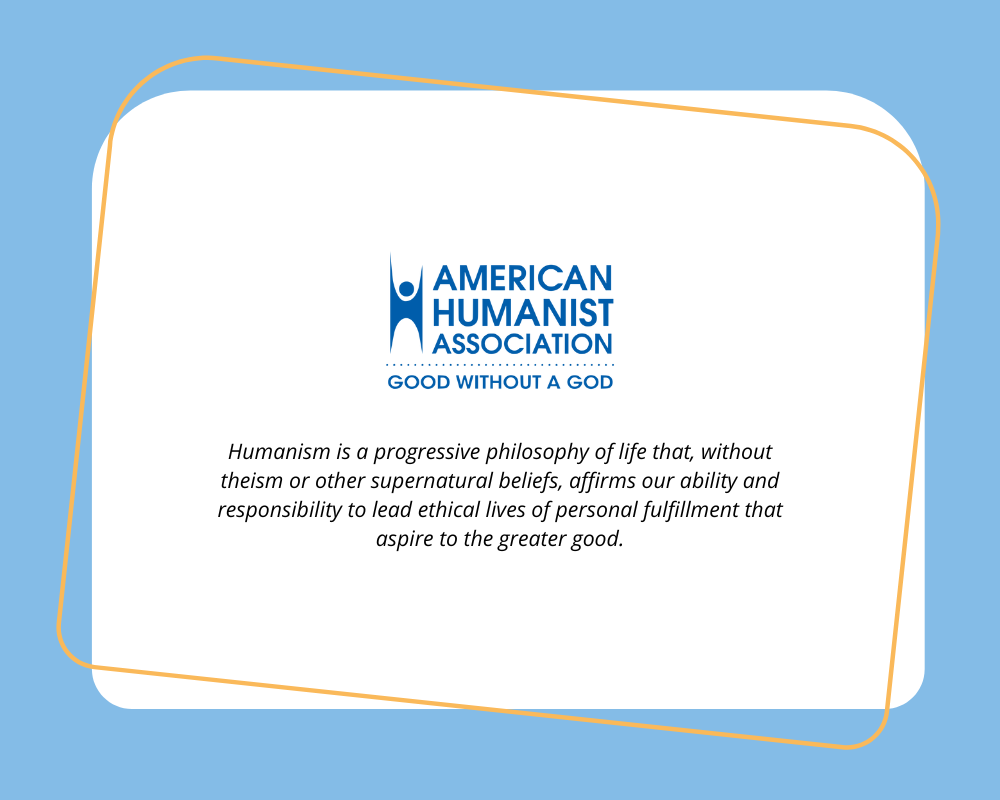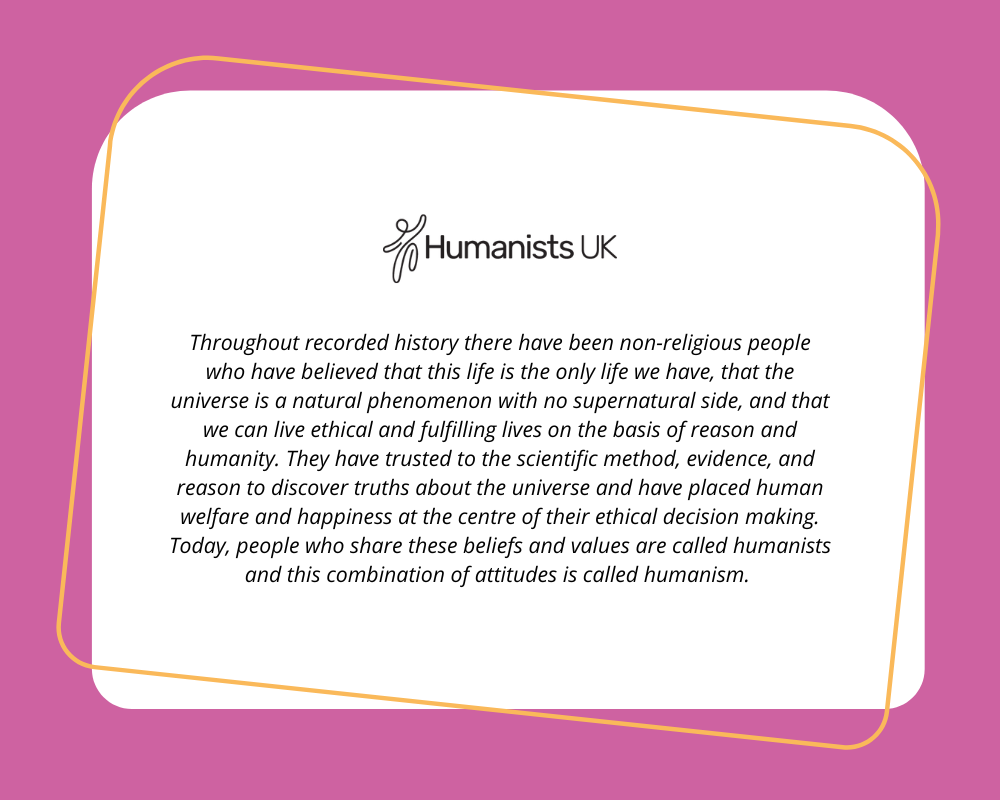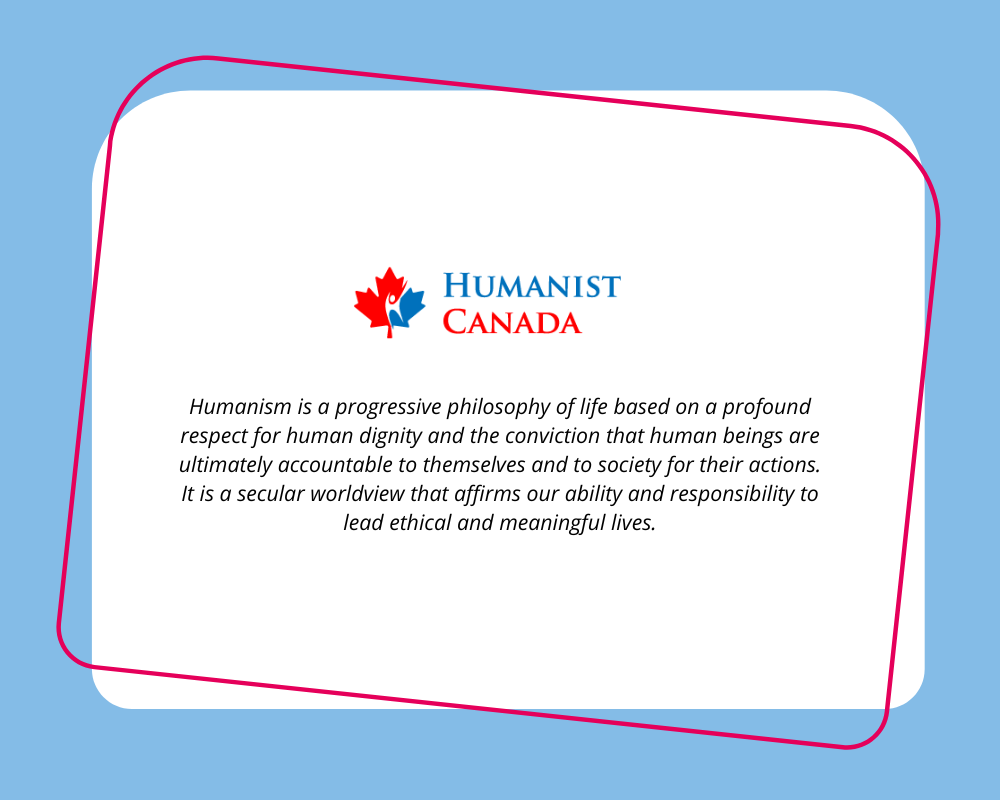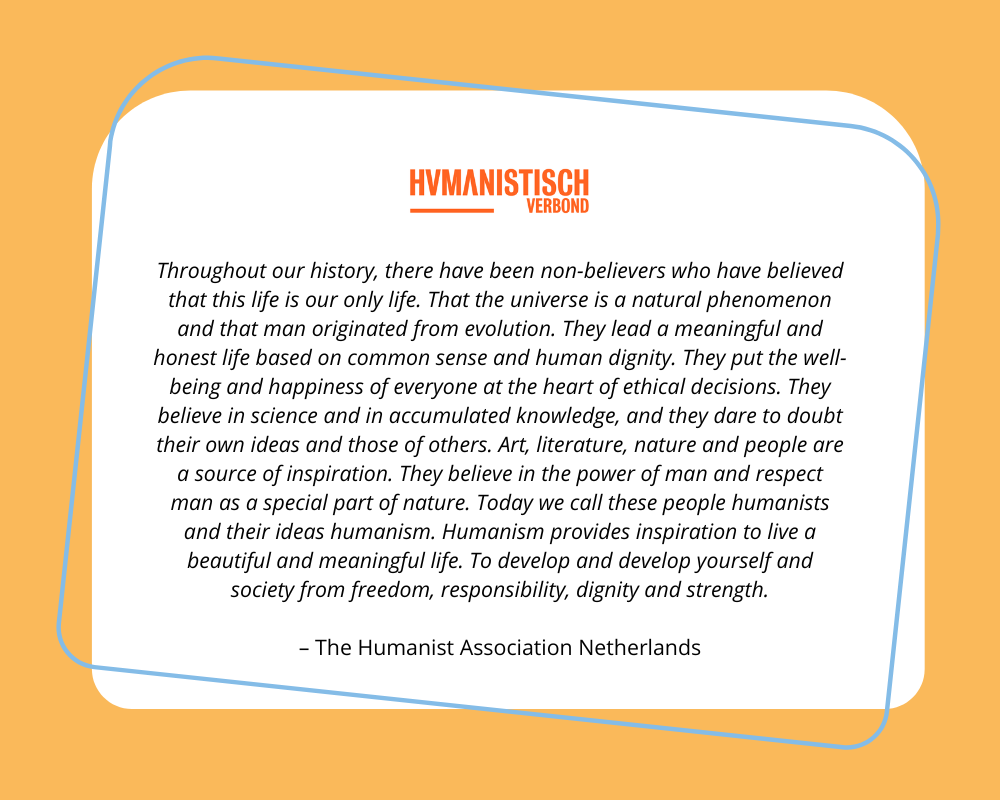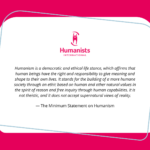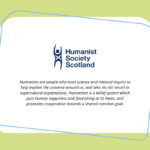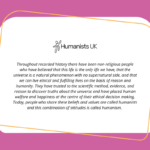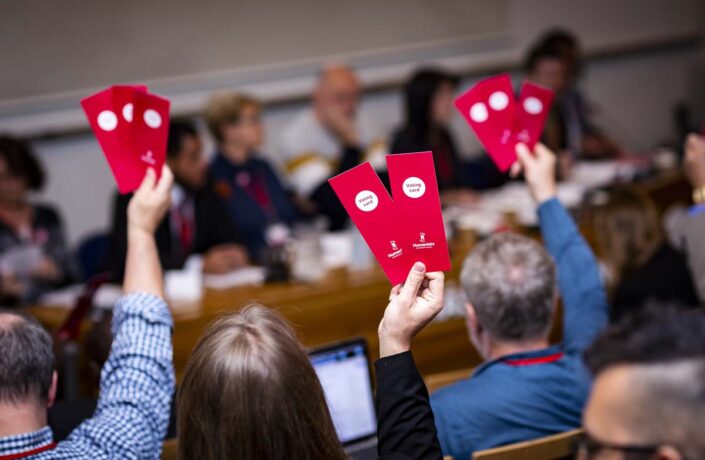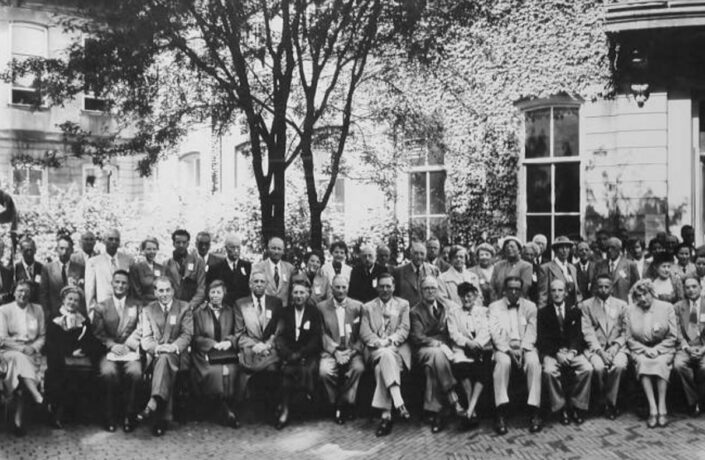What is humanism? Are you a humanist?
Find out more about the rational, ethical worldview that is humanism.
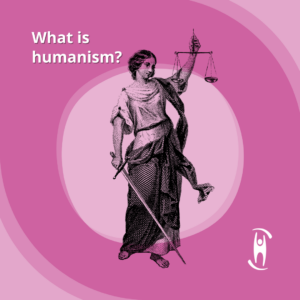 Across the world, the number of non-religious people is growing all the time. It is estimated there are 1.1 billion people in the world who are religiously unaffiliated, which means they identify as atheists, agnostics or describe their religion as “nothing in particular.”
Across the world, the number of non-religious people is growing all the time. It is estimated there are 1.1 billion people in the world who are religiously unaffiliated, which means they identify as atheists, agnostics or describe their religion as “nothing in particular.”
- Humanists base their understanding of the world on reason and science, rejecting supernatural or divine beliefs.
- Humanists reject all forms of racism and prejudice, and believe in respecting and protecting everyone’s human rights, including the right to freedom of religion and belief.
- Humanists believe we have a responsibility to respect and care for one another and the natural world.
If you hold similar values, we would encourage you to sign up for the Humanists International newsletter to find out more. You can also find your local humanist group or organization below. Often people who are new to humanism don’t realize there is a global community of like-minded people out there to connect with.
